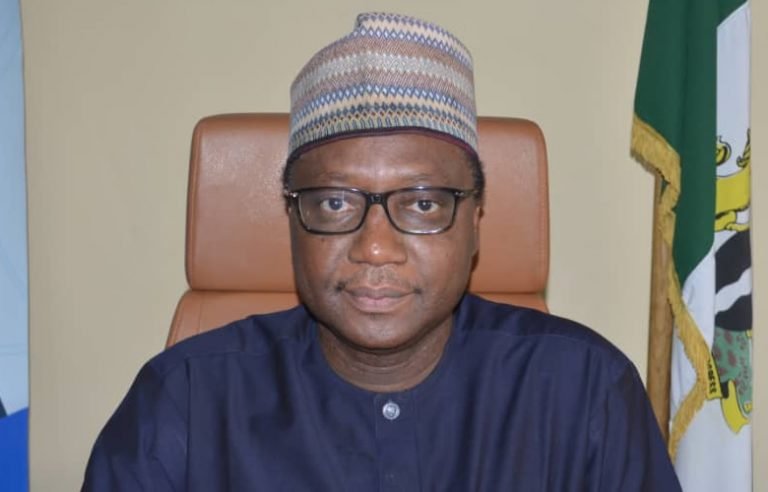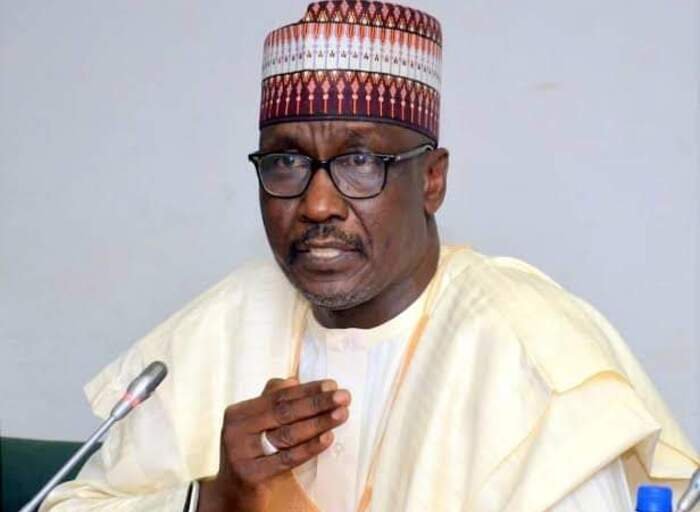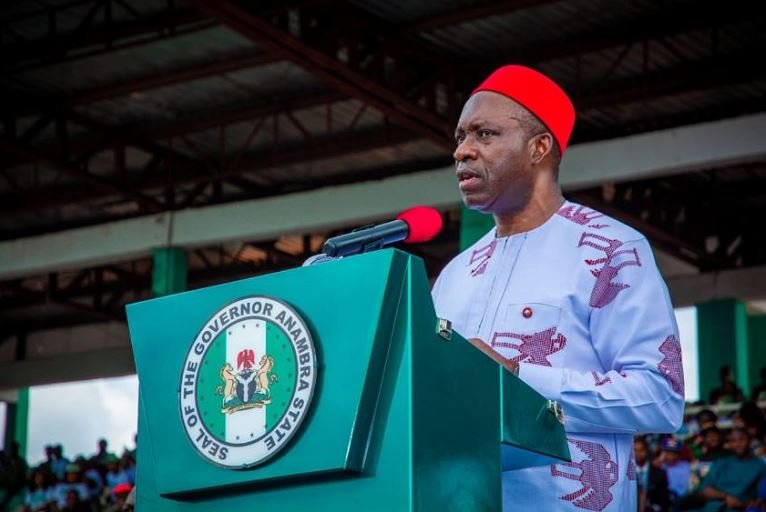The Federal Government, through the Revenue Mobilisation Allocation and Fiscal Commission (RMAFC), has indicated plans to review the salaries of political office holders in Nigeria, describing the current pay structure as outdated and inadequate.
At a press briefing in Abuja on Monday, RMAFC Chairman, Mohammed Shehu, disclosed that President Bola Tinubu currently earns ₦1.5 million monthly, while ministers receive less than ₦1 million — figures that have not changed since 2008.
“You are paying the President of the Federal Republic of Nigeria N1.5m a month, with a population of over 200 million people. Everybody believes that it is a joke,” Shehu said.
He added, “You cannot pay a minister less than N1m per month since 2008 and expect him to put in his best without necessarily being involved in some other things. You pay either a CBN governor or the DG ten times more than you pay the President. That is just not right. Or you pay him [the head of an agency] twenty times higher than the Attorney-General of the Federation. That is absolutely not right.”
Shehu emphasised that RMAFC’s mandate covers political, judicial, and legislative office holders, not civil servants. “We are strictly restricted to political office holders, governors, senators, legislators, ministers, DGs, and other people,” he explained.
He urged support for realistic remuneration, saying, “It’s about time that people like you and others should support the commission to come up with reasonable living salaries for ministers, DGs, and the President.”
The chairman also announced that the commission had initiated a review of Nigeria’s vertical revenue-sharing formula, which has remained unchanged since 1992. Under the current structure, the Federal Government receives 52.68%, states 26.72%, and local governments 20.60%, with 4.18% reserved for special funds.
“In line with this constitutional responsibility and in response to the evolving socio-economic, political and fiscal realities of our nation, the Commission has resolved to initiate the process of reviewing the revenue allocation formula to reflect emerging socio-economic realities,” Shehu said.
He noted that the expanded fiscal responsibilities of states made the review necessary, adding, “The situation has made it essential to re-evaluate the structure of fiscal federalism in order to foster economic growth in individual states, enabling them to become independent from the central government and ensuring equity, responsiveness, and sustainability.”
Despite several past attempts, including reports submitted in 2013 and 2022 under previous chairmen, no administration has implemented a new formula.
Shehu assured stakeholders that the ongoing process would be “inclusive, data-driven, and transparent,” involving the Presidency, National Assembly, state governors, ALGON, judiciary, civil society, and development partners.











